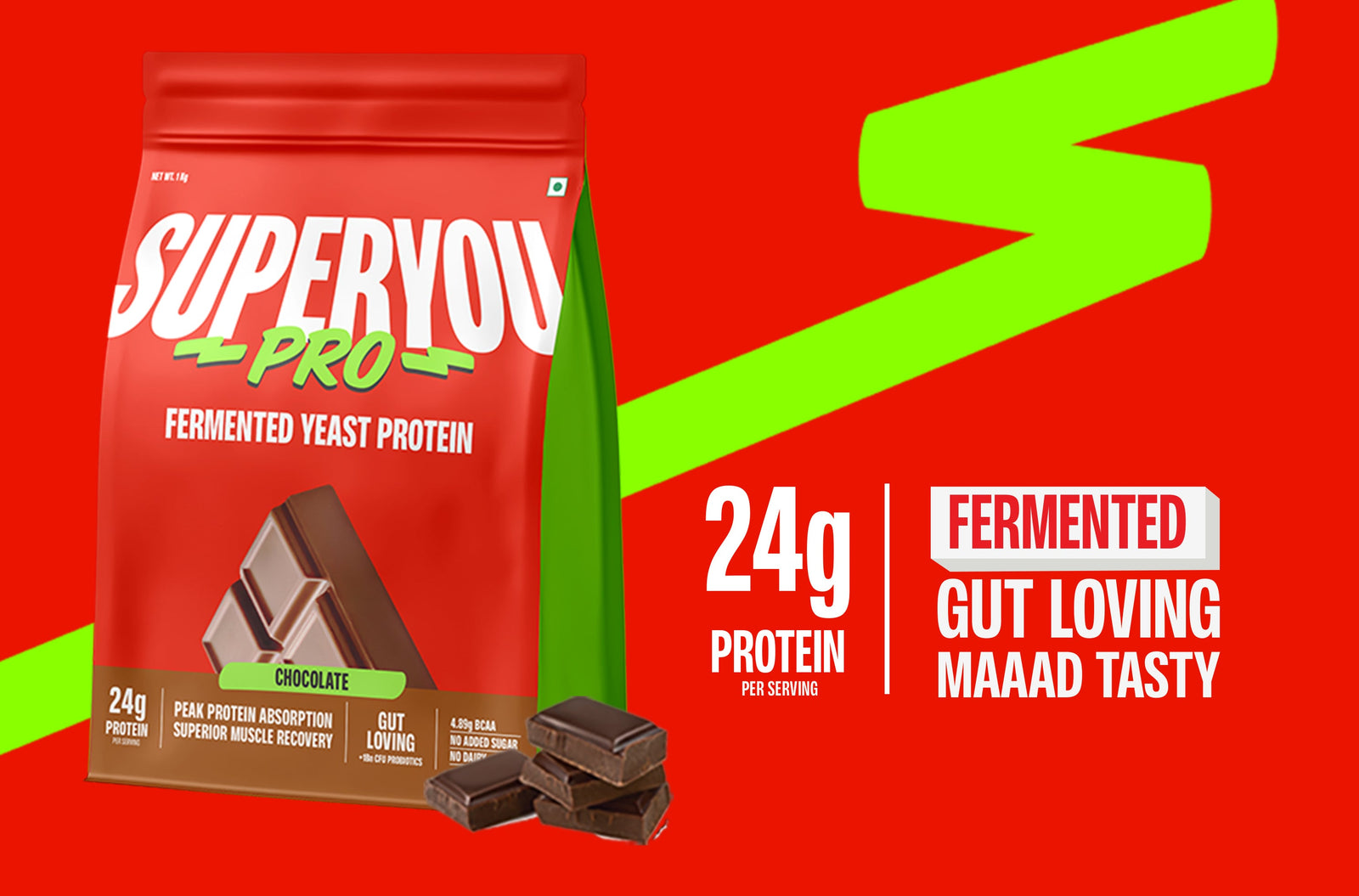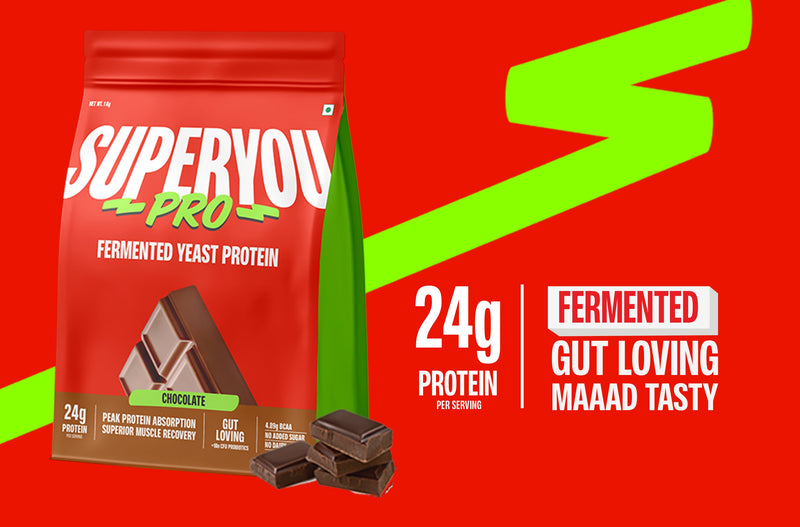Managing weight is not just about cutting calories; it’s about choosing the right food to fuel your body efficiently. Among what’s on your plate, protein plays a central role. However, not all protein sources are created equal, especially when it comes to supporting satiety, metabolism, and maintaining lean mass.
Today, most diets aimed at weight management include either whey-based supplements or plant protein blends. While both have their place, they also come with trade-offs, including digestive issues, allergen concerns, or incomplete amino acid profiles. For those seeking a clean, effective, and sustainable protein that truly supports weight management goals, fermented yeast protein powder presents a powerful alternative and possibly, a superior one.
The Role of Protein in Weight Management
Protein supports weight goals through three scientifically established mechanisms:
-
Satiety Regulation
Protein is more satiating than carbohydrates or fats, which can help reduce overall calorie intake. It affects appetite hormones, such as ghrelin and peptide YY. -
Thermic Effect of Food (TEF)
Protein has a higher thermic effect than other macronutrients, meaning the body expends more energy digesting it, a subtle but real metabolic advantage. -
Muscle Preservation During Caloric Deficits
Maintaining lean mass is crucial during weight loss. Protein prevents muscle breakdown and supports better long-term metabolic health.
Given these benefits, selecting the right type of protein becomes crucial.
Why Traditional Protein Sources May Not Be Enough
Whey Protein: Fast-Acting but Often Short-Lived
Whey protein is derived from milk during the cheese-making process. When enzymes are added to milk, it separates into curds and liquid whey, which is then filtered, dried, and processed into whey protein powder. Whey is a complete animal protein with a PDCAAS of 1.0, known for its rapid digestibility and high leucine content, making it popular for muscle recovery and post-workout use.
While effective for short-term anabolic response, whey has its drawbacks, especially in the context of long-term weight management:
-
It digests very quickly, which may lead to short-lived satiety and increased hunger
-
It is dairy-based, making it unsuitable for people with lactose intolerance or dairy allergies
-
Many formulations contain artificial sweeteners, additives, or gums that can irritate the digestive system.
Plant Protein Blends: More Inclusive, Less Efficient
Plant proteins, often extracted from sources like pea, rice, hemp, or soy, are widely used in vegan or dairy-free supplements. On their own, most plant proteins are incomplete, lacking one or more essential amino acids. To address this, brands create blends that combine different sources to achieve a balanced amino acid profile.
While these blends improve inclusivity, they often come with their own challenges:
-
They may still fall short on digestibility, especially in unfermented forms
-
Many blends rely on fillers or flavour enhancers to mask off-notes and texture
-
Some users experience bloating or discomfort, especially with soy or high-fibre formulations
Both whey and plant proteins have their place, but for weight-conscious consumers looking for digestive ease, clean formulations, and sustained satiety, neither option is without compromise.
Enter Fermented Yeast Protein: Clean, Complete, and Built for Satiety
Fermented yeast protein offers a compelling solution. Derived from Saccharomyces cerevisiae, the same strain of nutritional yeast used in baking and brewing, this protein is produced through a controlled fermentation process that enhances bioavailability and nutrient density.
Unlike traditional plant proteins, it is naturally complete, requiring no blending. And unlike whey, it delivers sustained satiety without the concerns of allergens or reduced digestibility. With a PDCAAS near 1.0, high leucine content, and zero common allergens, fermented yeast protein emerges as a next-generation nutritional tool for those looking to manage weight through clean, functional protein.
Why Fermented Yeast Protein Is Uniquely Effective
1. Complete and Efficient
Fermented yeast protein has a PDCAAS value close to 1.0, meaning it delivers all essential amino acids in the correct ratios and is efficiently digested by the body. Unlike most plant proteins, it does not require combination with others to be complete.
2. Sustained Satiety Without the Bloat
Unlike fast-digesting whey, fermented yeast protein offers a slower digestion profile. This promotes extended fullness and better blood sugar regulation, essential for calorie control and reduced snacking.
3. BCAAs and Muscle Preservation
Fermented yeast protein is naturally rich in branched-chain amino acids (BCAAs), especially leucine, which is key to muscle maintenance during weight loss and supports a favourable fat-to-lean mass ratio.
4. Low Allergen Risk and Clean Profile
It is:
-
Free from top allergens (no dairy, gluten, soy, or nuts)
-
Vegan- and vegetarian-friendly
-
Easily digested, making it suitable for those with sensitive systems or exclusion diets
Fermented Yeast Protein vs Other Protein Sources
|
Protein Type |
PDCAAS |
Allergen Risk |
Digestibility |
Satiety Duration |
Suitability for Weight Management |
|
Whey |
1.0 |
Dairy (high) |
Fast |
Short |
Effective for muscle gain, Short-lived satiety |
|
Plant Protein Blends |
~0.8–0.9 |
Soy/nuts (moderate) |
Moderate |
Moderate |
Often incomplete or heavy, mixed digestibility |
|
Fermented Yeast |
~1.0 |
None (Top 8 free) |
Moderate |
Long |
Clean, complete, high satiety, ideal for daily use |
A Smarter Daily Choice
Because fermented yeast protein powder is both technically sound and dietary inclusive, it’s easier to incorporate into long-term routines without the common compromises of traditional options. It works across a wide range of use cases:
-
Meal support for those tracking macros
-
Supplementation during caloric deficit
-
Post-workout recovery without bloating or crash
-
Everyday protein needs for energy and satiety
Its clean formulation and consistent performance make it a foundational tool in the weight management toolkit, not just for gym-goers, but for anyone looking to optimise nutrition for better metabolic health.
In the evolving landscape of nutrition and weight control, fermented yeast protein powder stands out not just as an alternative but as a smarter standard. It meets the physiological demands of satiety, digestion, and nutrient density without the common drawbacks of other protein types. Whether your goal is body recomposition, appetite control, or sustainable wellness, it’s a protein that works with your body, not against it.









